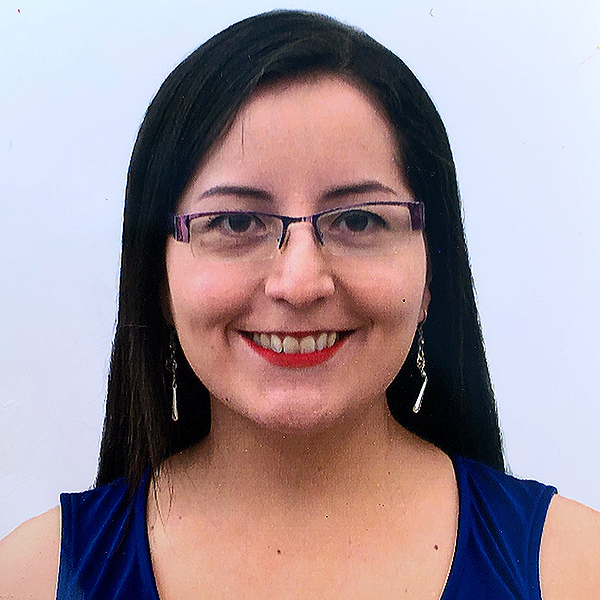Finding Some Good Amidst the COVID-19 Pandemic: An FIT Perspective
The COVID-19 pandemic has affected us all – directly or indirectly. Some of us have experienced the loss of a patient, family member or friend affected by this disease. Many others have had to face new challenges such as juggling remote working conditions while homeschooling, filing unemployment, or experiencing physical and mental distress. Despite all these daunting consequences, this pandemic has also brought some goodness to our lives worthy of highlighting.
Telemedicine
This modality has had a forceful entrance into health care delivery during the COVID-19 pandemic and will probably continue to be a part of our practice after the pandemic passes. Many cardiologists have used this modality for the first time and have appreciated its usefulness and ease of use. Patients are also grateful for saving the road trip to the clinic and associated parking fees while still being able to convey their symptoms and medication use from their homes.

Video camera-assisted evaluation of the jugular venous pressure and lower extremity edema can add value to the encounter, as well. The use of coexisting technologies such as scales, smartwatches and/or smart blood pressure and pulse-oximetry monitors can leverage new strategies for active home management in various subsets of patients. We should be mindful that despite 81% of Americans owning a smartphone and 74% owning a desktop or laptop, access to these technologies varies with age, household income and educational attainment. Efforts towards improving technology-based health care delivery strategies without increasing disparities will require dedicated work within our own communities.
Virtual Education
Several initiatives have been developed at a local and national level to maintain Fellow in Training (FIT) education in the different aspects of cardiovascular disease. I applaud the significant efforts by the ACC Iowa Chapter, American Society of Nuclear Cardiology, Society of Cardiovascular Computed Tomography, Society for Cardiovascular Magnetic Resonance, Heart University, Congenital Heart Academy, and leading adult congenital heart disease programs, among others. These institutions have launched webinars and videoconferences available for free to FITs from all around the world. I humbly request that this unprecedented equitable high-quality cardiovascular education continues throughout the years.
Collaborative Research
Multiple registries around the globe have been developed to accelerate COVID-19 research. The insight we will gain from these registries will be directly applicable and may provide the best level of evidence until clinical trials are completed. The deep sense of collaboration and rapid involvement of different networks and clinical sites has been admirable. We need this momentum to persist and survive the challenge of time, especially for research involving smaller populations or rare diseases. No person is an island – collaboration is key to advance science
Re-connection
This pandemic has brought us the opportunity to re-value the time we spend with our loved ones. Whereas some FITs have re-connected with old friends or distant relatives through social media or videoconferences, others have had the fortune to enjoy how our children grow and learn at home through these difficult times. Remember physical distancing does not have to equal social isolation
Introspection, Vulnerability and Empathy

Recognizing that our actions can only reach so high and we can only control so much is an essential human trait that puts our existence in context, reminding us of the fragility of our world. Accepting and recognizing this vulnerability in ourselves, institutions, and communities will serve as the empowering force to efficiently invest our efforts and correct the imperfections of our daily living. Leaders who are able to accept their vulnerability and show empathy to their trainees, colleagues and community may guide the change that is sorely needed in health care.
I admit that it is easy to be daunted by the challenges that this pandemic has imposed. Believe me, as an adult congenital heart disease FIT in a busy program, mother of a 7-year-old girl and living without family nearby, I know first-hand of how difficult this can be. Being thankful for the support system we have and reminding ourselves of the good lessons learned this year can bring some calm in the middle of the maelstrom – and will make our holidays more thoughtful.


